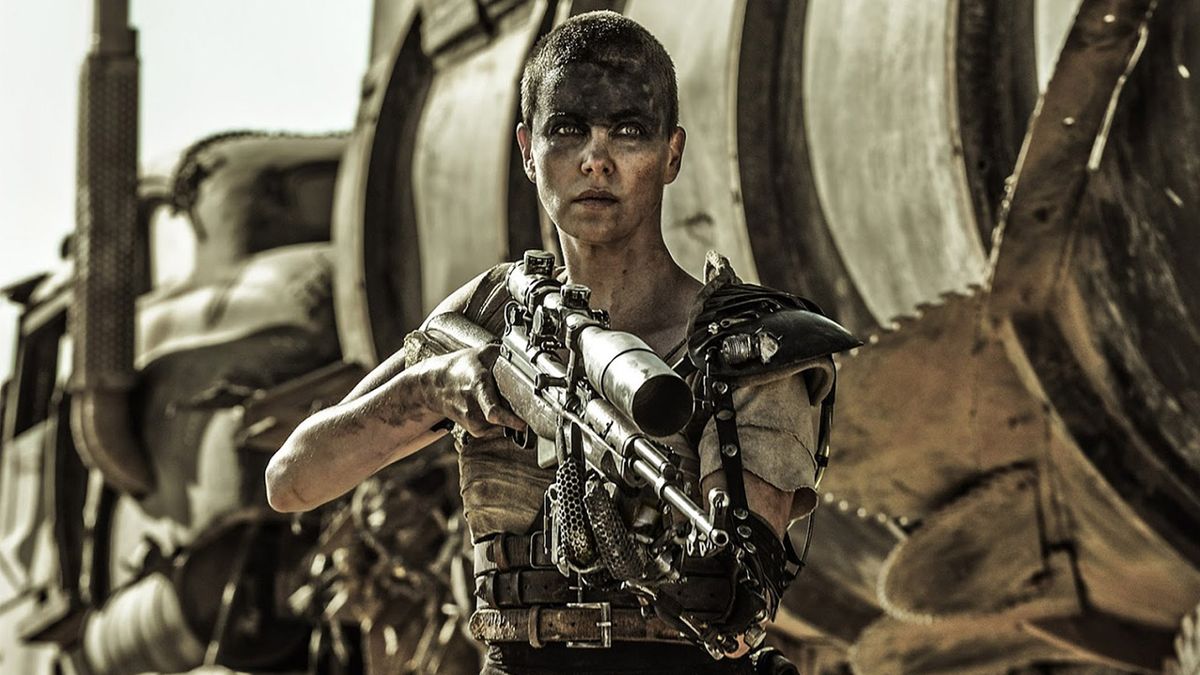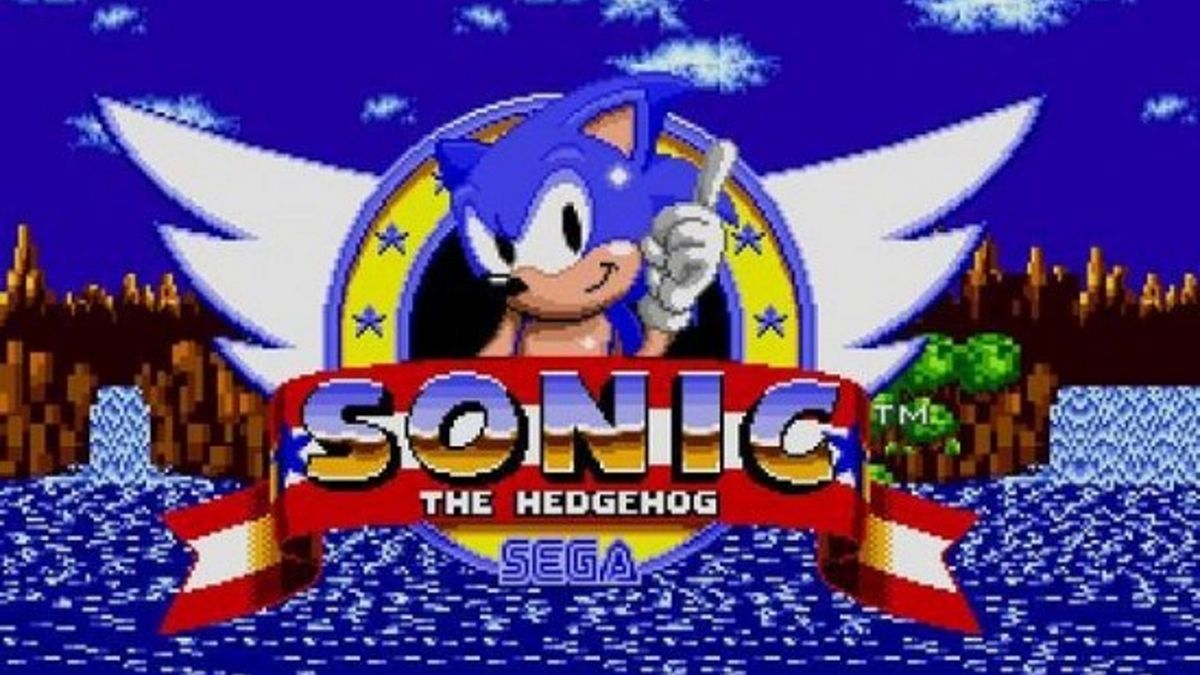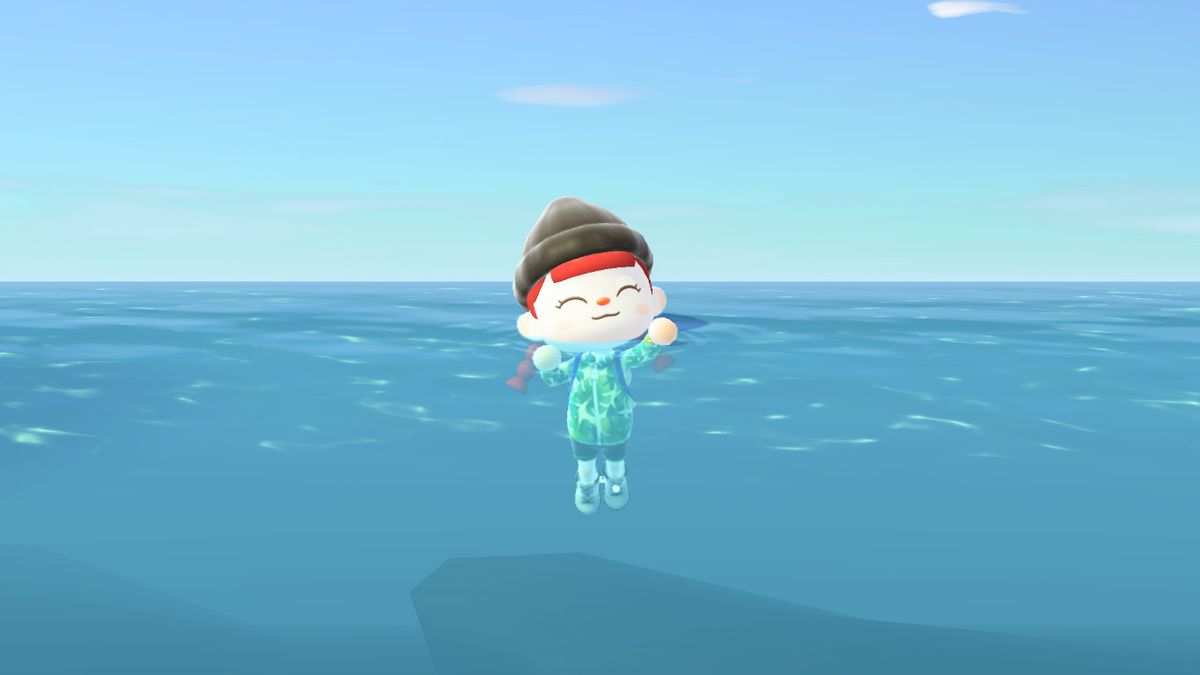
(opens in new tab)
This week saw the release of the humungous 31-disc Harry Potter Wizard’s Collection Blu-ray boxset which features all eight films (on Blu-ray, DVD and UV), oodles of new special features, and all sorts of magical memorabilia to go potty over. While the set also includes the extended versions of the first two films (because they really needed to be longer…), and 3-D versions of the last two, fans can feel great relief that noooooooooooo Lucas-style tinkering has been performed. However, while the Potter films truly are a landmark in fantasy filmmaking, there are certain problems that even Lucas’ computer wizardry would have no effect on.
Guest SFX writer and Harry Potter fan Jacob Martin admits the things that irked him most… Let us know in the comments section if you agree/disagree or have some additions.

(opens in new tab)
1 The Emphasis On Rom-Com In Half-Blood Prince
Half-Blood Prince is, for many, the most problematic of all the Potter films, primarily because a great deal of the important parts from the book (Voldemort’s backstory, anyone?) were cut, while all those parts that you’d only really need to pad out a 13-episode TV serial made it in. So what we basically have as a result is a series of romantic tribulations that are only particularly funny if you’re in a good mood. And even then, there’ll still be that lingering disappointment that the impending doom which so characterised the book has been all but lost.

(opens in new tab)
2 The Reveal Of The Half-Blood Prince
Again, thanks to the sloppy adaptation of the book which, let’s remind ourselves, includes the words “half”, “blood” and “prince” in the title, the film itself only references the Half-Blood Prince about three times. “Oh, I’ve found this book,” says Harry. “It says that it used to belong to the Half-Blood Prince, and there’re all these notes in it that have helped me get to the top of the class. Cool, huh?” And that’s about all we get, really. At no point does he, or anybody else, seem particularly concerned about the Half-Blood Prince’s true identity, so when Snape actually reveals that he is you know who (no, not him!), there’s very little indication given as to why we should really care. Not only that, but Alan Rickman’s line delivery is, for the first time in his career, a bit off in that crucial revelatory scene, slowly churning out the words as if he doesn’t really know why he needs to say them either.

(opens in new tab)
3 Deathly Hallows ’ Endless Camping
For the most part, Deathly Hallows: Part 1 marks the first time that the films have really been true to the books since Chamber Of Secrets . However, as with the first two films, it’s also this faithfulness that drains the film of momentum; very few would deny that the scenes where Harry and co are out camping (of which there are many) are just a bit too slow, and the level of angst that’s present in those scenes means it’s not difficult to feel a bit stupefied by the end.

(opens in new tab)
4 Harry And Ginny’s Romance
Even with the books, there was never the same interest in Harry and Ginny’s relationship as there was in Ron and Hermione’s, therefore the films had a rather thankless task to cope with. Sadly, the relationship rings even less true on film than it did on parchment, Daniel Radcliffe and Bonnie Wright just failing to create any magic together. The fact that she’s a house-elf taller than him isn’t particularly favourable either…
5 Ron And Hermione’s Kiss
Further romantic troubles, unfortunately. Ron and Hermione are forever, we all know that, but the moment when they finally realise this is problematic. Why, when their big kiss finally does happen, do we only get to see the back of Ron’s head as they’re doing it? If they’re doing it at all; they could just be blowing raspberries at each other for all we know.

(opens in new tab)
6 Deathly Hallows Started An Unwanted Craze
When the announcement came that Deathly Hallows was being split into two films, deep down, we all knew that to have created a cohesive, single film adaptation of the well-stuffed book would have meant approaching a three-hour running time. What’s becoming increasingly difficult to accept, however, is that every other final book in a fantasy series also needs to be split into two films. Nothing more needs to be said about Twilight that hasn’t been said before, but as for The Hunger Games , well. There is no way that Mockingjay , the anticlimactic, relatively short final book in the series, needs to be split into two films for any other reason than to make more money. Unless they’re going to use the extra time to tell a completely different story, that is. (And Peter Jackson has gone one better, making a trilogy out of one book …)

(opens in new tab)
7 Sirius’ Death
If Half-Blood Prince is, generally, the most unloved Potter film, then Order Of The Phoenix is the most divisive. However, regardless of your attitude to the loss of sub-plots, there’s one major flaw that cannot be ignored: the realisation of Sirius Black’s death. When the book was released, all the excitement was about who was going to die at the end, and even though you have to plough through 700 or so pages to get to the big moment, it’s still a truly shocking, powerful and upsetting event. So, of course, the film had a rather different battle on its hands in having to effectively create that moment on screen. Sadly, it’s a battle it loses; from Bellatrix casting the fatal spell to Sirius falling through the veil, less than 10 seconds of film pass. Much like some of the less savoury varieties in a pack of Bertie Bott’s every flavour beans, it just leaves a slightly bitter taste in the mouth, leaving you thinking: “Oh, is that it?”

(opens in new tab)
8 Dumbledore’s Death And Funeral
From one anticlimactic death to another, and yes, we’re back to Half-Blood Prince again! When reading the book, Dumbledore’s death comes as such a huge surprise; it’s the real game-changing moment of the series. So why does it feel so flat on screen? Is it simply because of the fact that we know it’s coming, and so it doesn’t have that same impact? Is it the fact that when we see Dumbledore being hit by the blast, it’s from Harry’s point of view, ie, a not very good view? Is it because of the naff slow-mo fall? Who can say? What can be said is that the fact that we don’t even get to see the funeral also means that the audience never really gets the chance to grieve his loss before the end credits are rolling. Riddikulus.

(opens in new tab)
9 Nobody Sees Voldemort Die
Voldemort vs Potter. The showdown we’ve all been waiting for. It’s the big moment that Deathly Hallows: Part 2 really didn’t need to mess up. And sure, the film offers an exciting depiction, with Voldemort and Harry careering through Hogwarts before the big man’s eventual defeat in the courtyard. But there’s always that nagging feeling that the book’s version was better. Wouldn’t the scene have had just that bit more impact if the other characters had been watching? It didn’t need everyone to cheer, but just some signs of relief or grief would have been nice; all we get in the film is them sat drinking tea well after it’s over. Not that there’s anything wrong with tea, of course; there are always some interesting things in the leaves.

(opens in new tab)
10 The Underuse Of Percy Weasley
Several characters were very short-changed in the book-to-film process. The most common names that crop up are Tonks and Fenir Greyback (if you haven’t read the books, then those names could mean absolutely nothing), but, arguably, it’s Percy Weasley who gets the worst deal. At least with Tonks and Greyback, they never get more than blink-and-you’ll-miss-them appearances. Percy, however, starts out on his journey as per the books, playing the stereotypical prefect in Philosopher’s Stone and Chamber Of Secrets . The tragic thing (well, that might be a bit strong…) is that he never gets to complete said journey. So while we (very very briefly) see him working for the Ministry, we never get to see how he rejects and deceives his family, nor how he eventually, inevitably, redeems himself in Deathly Hallows as he protects Fred’s body. Criminally, we never actually get to see Fred’s death either, so that’s two quibbles for the price of one. And you wouldn’t get that in Diagon Alley.
 Game News Video Games Reviews & News
Game News Video Games Reviews & News



